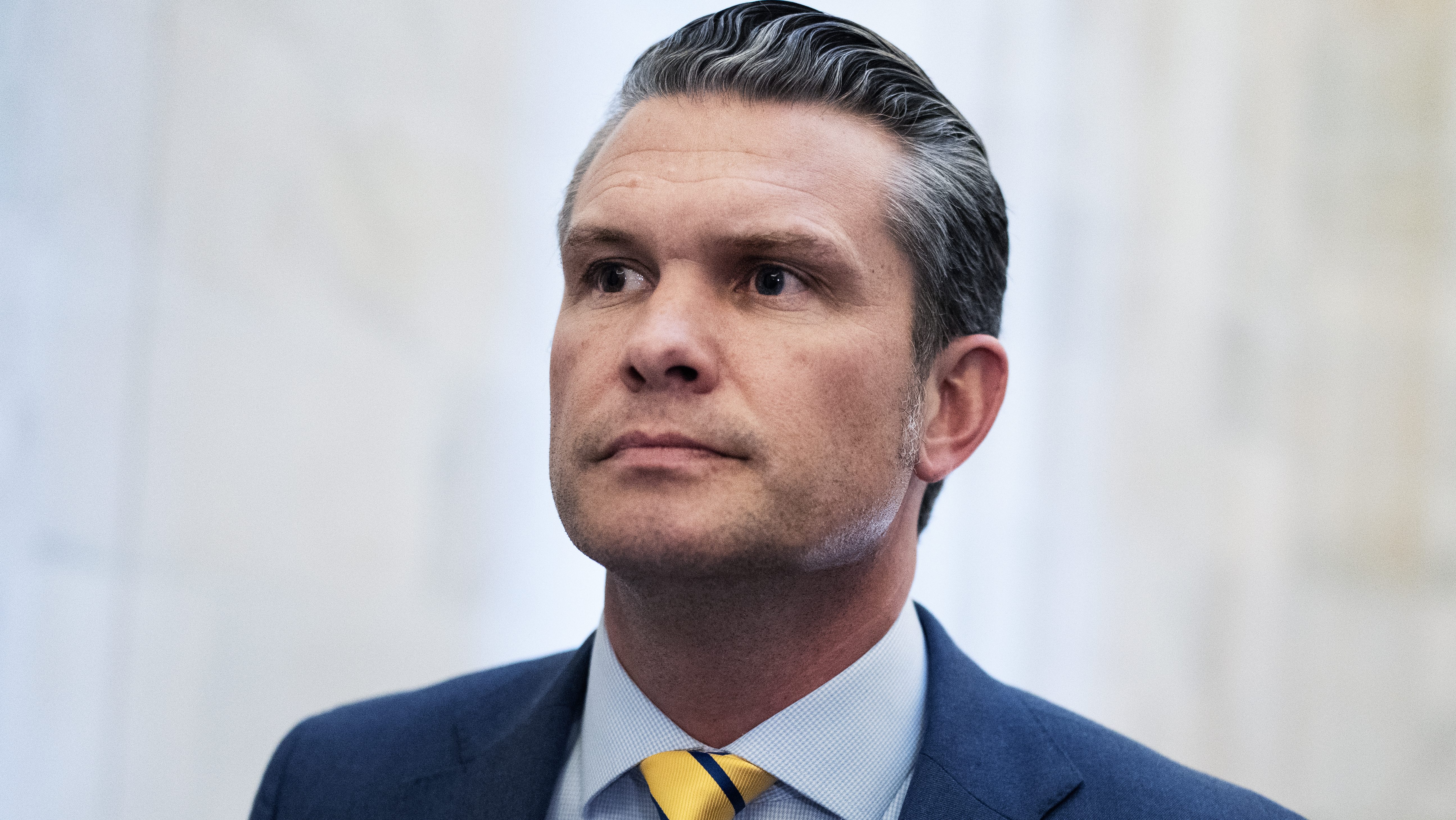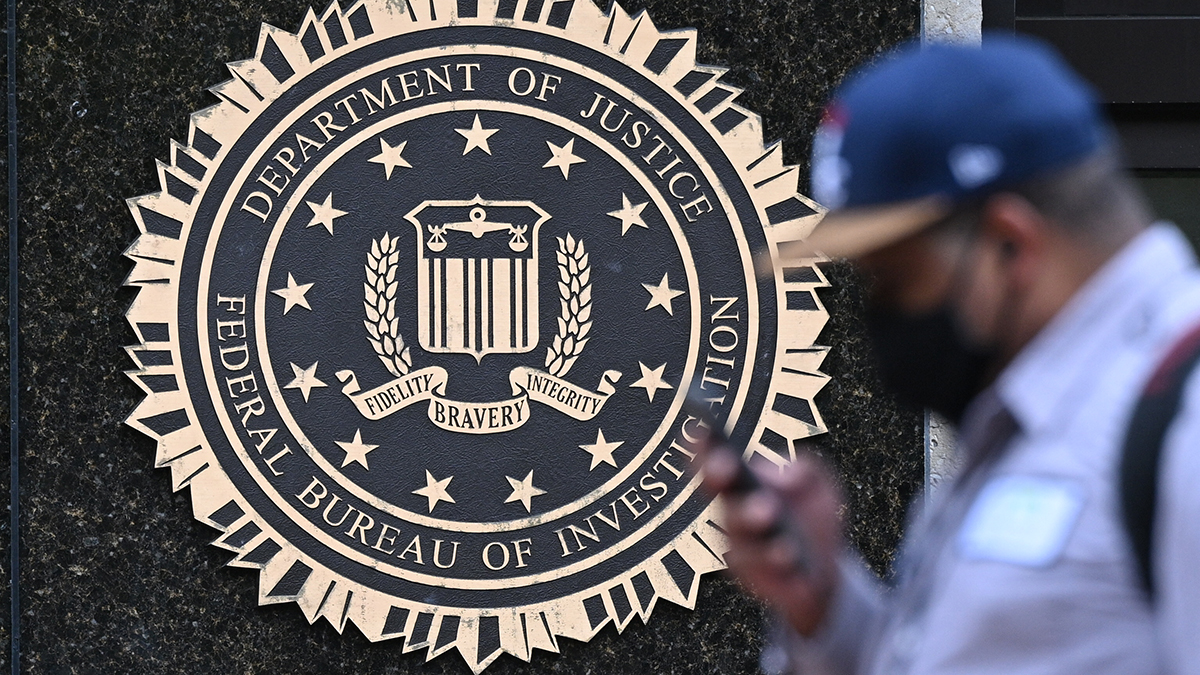More than a year into the pandemic, doctors are learning about new symptoms of coronavirus.
A recent Oxford University study found one in three COVID-19 survivors received a neurological or psychiatric diagnosis within six months of infection, even in patients who didn’t have serious cases of COVID.
Dr. Helen Valsamis, chief of neurological services at New York City Health and Hospitals Kings County, says one of the common issues is described as "brain fog," with symptoms like trouble concentrating or remembering things.
“It’s not something that you might normally think of with COVID-19," she said. “People are finding that it’s really interfering with their ability to work, their ability to function, their daily life.”
Get top local stories in Philly delivered to you every morning. Sign up for NBC Philadelphia's News Headlines newsletter.
One of Dr. Valsamis' colleagues is all too-familiar with so-called "brain fog" — because he experienced it firsthand.
“It’s just ever present and something that I couldn’t shake," said Oneika Thomas, a nurse practitioner at Kings County. She described it as an overwhelming feeling of fatigue that she had long after she recovered from COVID.
In fact, the newfound symptom effected her so much, it almost caused her to crash her car, after she fell asleep behind the wheel.
U.S. & World
Stories that affect your life across the U.S. and around the world.
“Even though I was getting rest, it was nonrestorative. I was still getting up and feeling extremely exhausted,” Thomas said.
Despite the projected case numbers, Dr. Valsamis said they’re not seeing as many "brain fog" patients as they’d expect. She doesn't believe that's due to a lack of cases — but rather people who have dealt with it aren't connecting it back to the coronavirus.
“We don’t think people in our community aren’t experiencing it, we’re concerned that they’re not realizing that this is possible due to COVID-19," Dr. Valsamis said.
Thomas thinks patients could be worried they won’t be taken seriously when they describe how they feel. Her message to the community: You don’t have to suffer in silence, and as experts find out more about the problem, they’re also finding solutions.
“We acknowledge what you’re going through as very real, and we’re here to support you," Thomas said.



